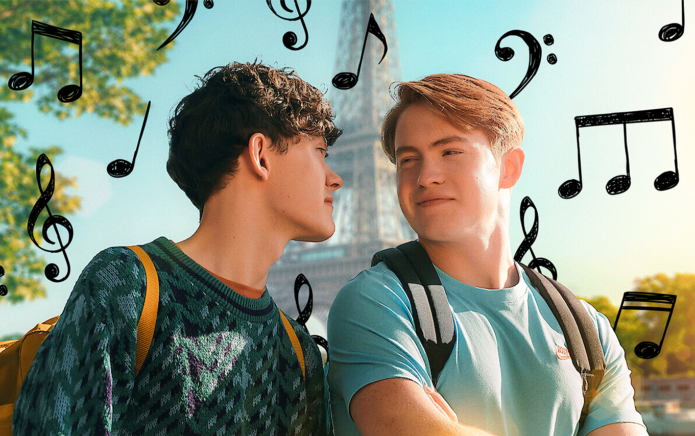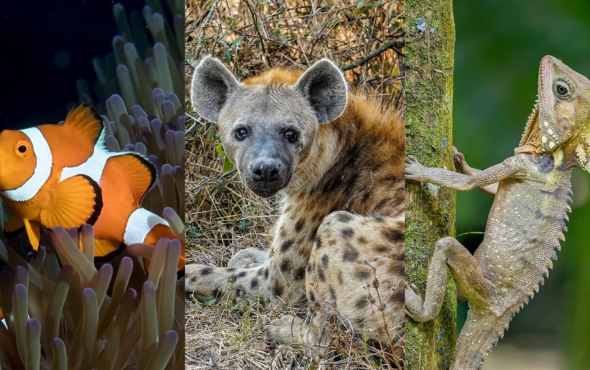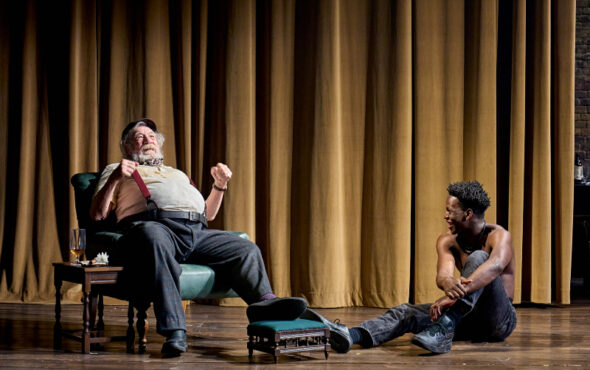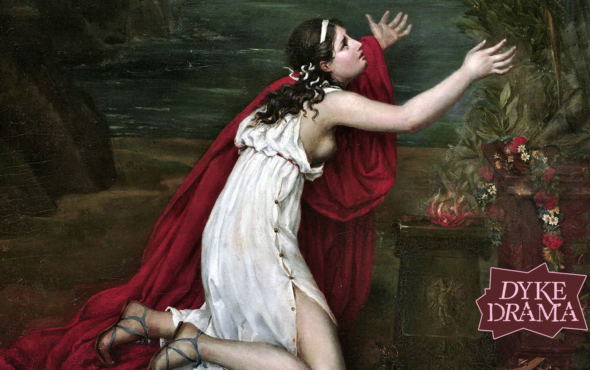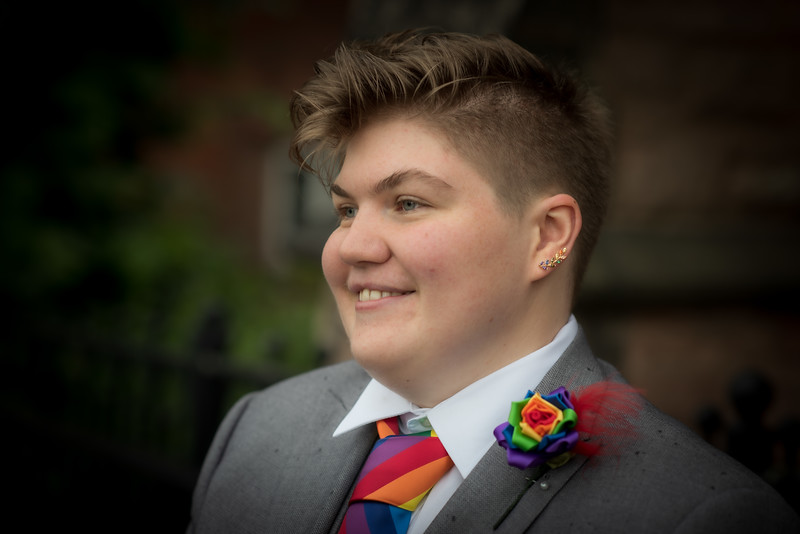
Representation is really important. Growing up without any knowledge of marginalised identities is particularly difficult.
I am trans and disabled. When I was younger, I did not understand who I was, where I fitted in life or what my future could look like.
Being transgender can often mean that I have to judge each situation I find myself in to assess my personal safety. I have to constantly consider whether it is safe to disclose my trans identity or whether I need to hide who I am.
Whilst being a trans masculine non-binary person means that I am not as visible or as feared as trans women are within society (a sad but true fact), I still find myself wondering whether or not to be visible for my own safety due to past experiences.
This fear around visibility has been needed and learnt from a young age. As a visibly disabled person who uses a white cane when out in society, I often have people staring at me, or young children asking questions about why I am different and why I have a stick.
Most of the time when this happens it is met by parents hurriedly shushing their child, but there are times when some parents will take the time to explain that I use a cane because I cannot see.
There are also times when children ask me directly which is great because I can just explain in a very calm everyday manner and this destigmatises the topic of disability. This is similar to how I explain to children that I am transgender.
Children are not born with any prejudice – just the opinions that they pick up from their families, schools and the media, which shape their perceptions of the world and particularly stigmatised identities.
The best way to destigmatise these things is to talk about it. This is where Just Like Us can really help inform children in primary and secondary schools who may be LGBTQ+ that it is ok to be yourself.
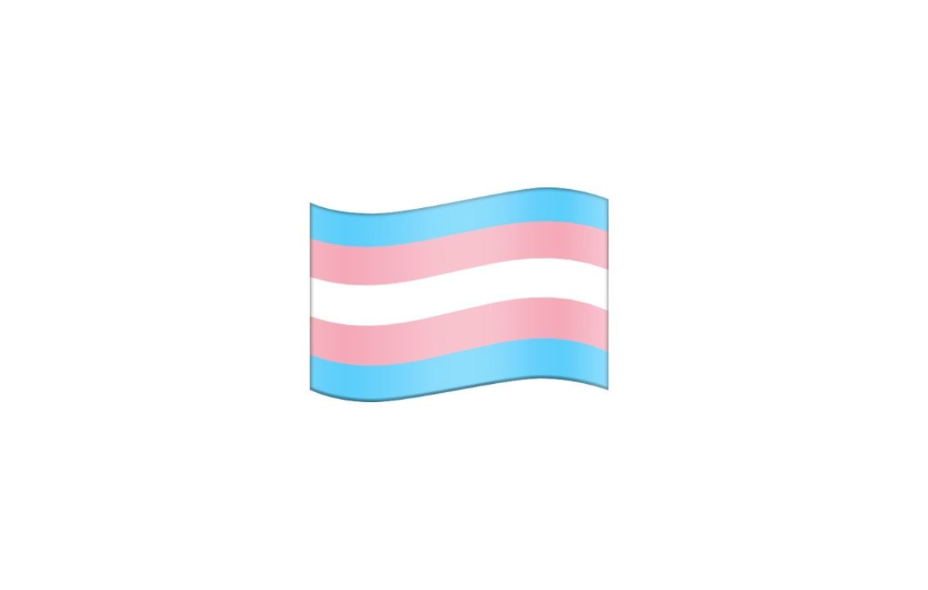
While we are surrounded by anti-trans headlines in the media, research has found that 84% of all young people would support a friend coming out as transgender. Young people clearly want to be allies and deserve inclusive education that represents different types of people they’ll encounter in the world – be it trans or disabled or both, like me.
When I was growing up, even the term ‘gay’ was used as an insult and was feared. My schools provided no information about LGBTQ+ identities other than to criticise them as deviant. Many schools are still like this today. Section 28 has been lifted but there is still so much work to be done to help LGBTQ+ youth in school.
This is one of the reasons why I volunteer as an ambassador with Just Like Us – I want to be the role model that I never saw as a child and show young people that it is ok to be LGBTQ+ and that disabled people are valid.
By speaking in schools as an ambassador and being part of their community of young LGBTQ+ volunteers is invaluable, particularly as I am able to be myself and also able to state my access needs and have an open discussion about disability access.
If younger me had grown up with inclusive education or more support services, then I am sure that I would have not waited until adulthood to have come out as transgender. I might have also been taken seriously when I reported being bullied at school for being different.
If you know anyone who works at a school, or there’s a school you could speak to, please tell them about School Diversity Week. It matters so much for future generations of LGBTQ+ youth as it is so important for them to know that it is ok to be themselves and that being LGBTQ+ does not make them any less valid or human.
For more information about Just Like Us and their incredible work supporting LGBTQ+ youth, visit their website.
